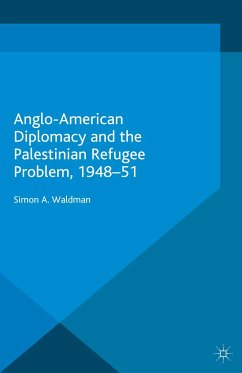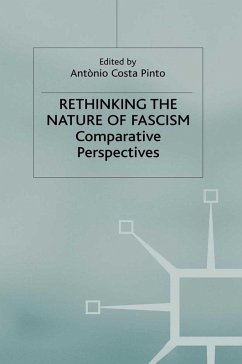
Fascist Italy and the Middle East, 1933-40 (eBook, PDF)
Versandkostenfrei!
Sofort per Download lieferbar
40,95 €
inkl. MwSt.
Weitere Ausgaben:

PAYBACK Punkte
20 °P sammeln!
An examination of why and how Fascist Italy sought to increase its influence in the Middle East, and why Italian efforts ultimately failed. Offering fresh insights into Fascist Italy's foreign and colonial policies, this book makes an important contribution to the complex history of relations between Europe and the Arab world.
Dieser Download kann aus rechtlichen Gründen nur mit Rechnungsadresse in A, B, BG, CY, CZ, D, DK, EW, E, FIN, F, GR, HR, H, IRL, I, LT, L, LR, M, NL, PL, P, R, S, SLO, SK ausgeliefert werden.












